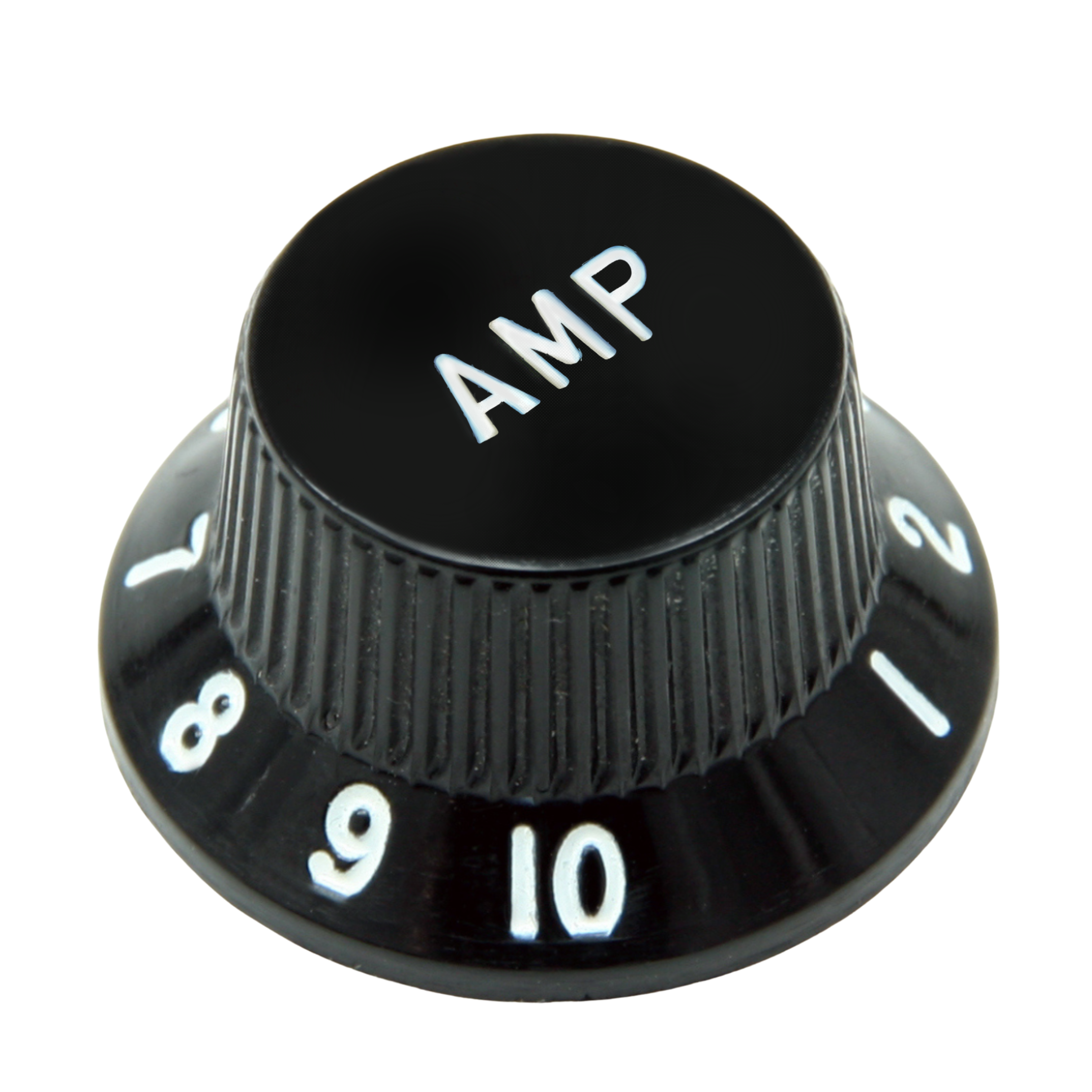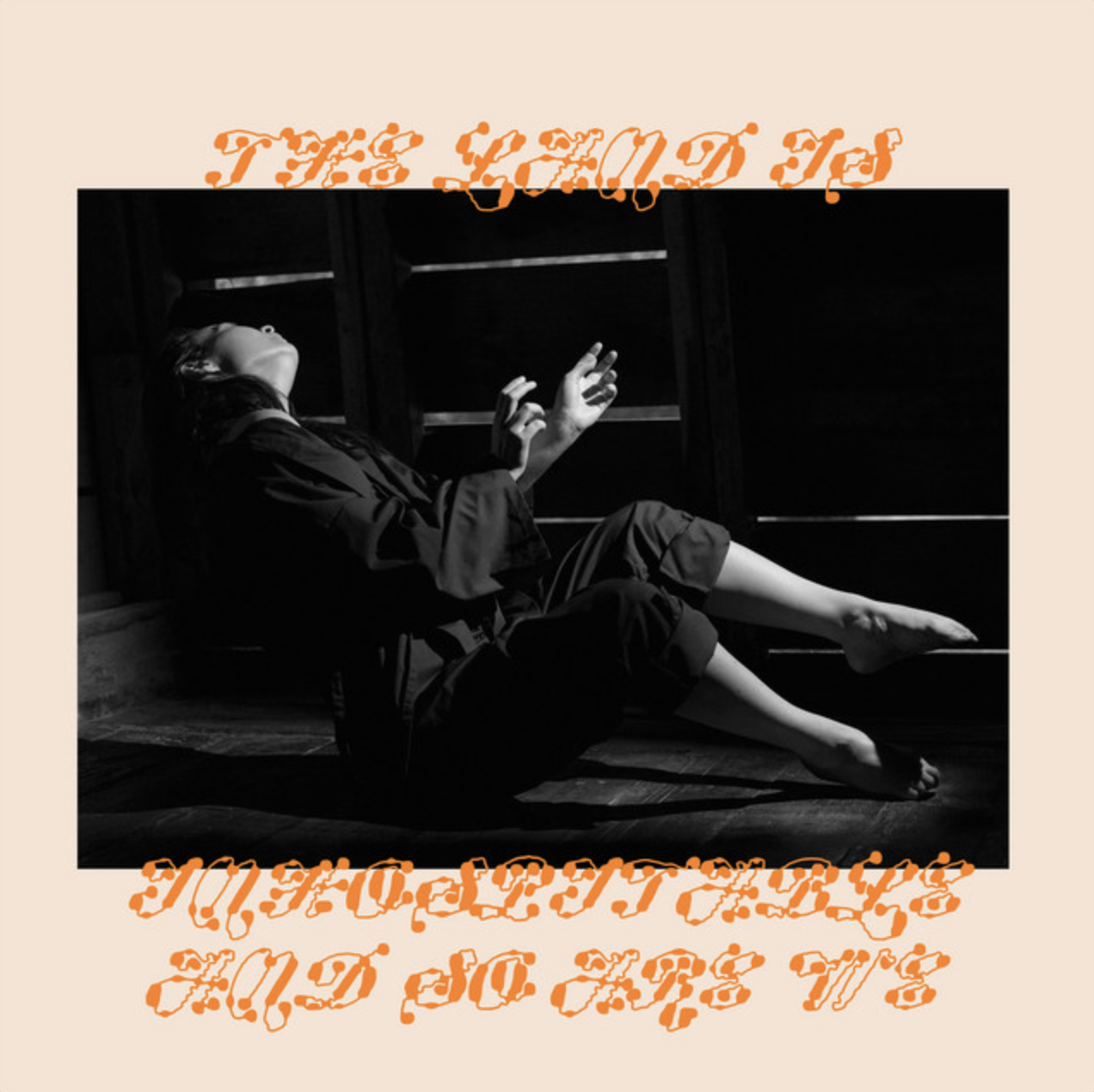Both multi-textured and understated, “The Land Is Inhospitable and So Are We” is Mitski at her most mature. Against a monochrome stiff, the album cover sports its eerie slogan in a homey cross-stitch font, embodying the album’s exploration of familiarity and mourning. With this new record, Mitski maintains her standard of stellar lyricism, and the additions to her sound are an experiment gone right.
Mitski seems to lean more on her resources as an established artist to play freely with her musical choices. She features a choir, and during one moment in “Bug Like An Angel,” they echo the word “family” after her. In a song about addiction, it’s as though the alcohol beckons with a warm, domestic welcome. With each appearance, bits and pieces of orchestral instrumentation layer onto each introductory melody, progressively overwhelming the listener with its emotional heights. Under Mitski’s direction, not a musical motif is wasted; her harmonic mélange marinates and cultures. Sometimes it’s that Hawaiian steel guitar-sounding backtrack like in “Heaven” and “The Frost,” pitting a wholesome, cozy country flair against increasingly finite then absent intimacy. And sometimes, it’s a more grungy distressed sound like when the angst mounts in “I Love Me After You.”
The experimental sound complements Mitski’s usual soft croon and spellbinding storytelling. In most of the songs on “The Land,” time is a narrative object. She follows tortured retrospectives and vicious cycles, retracing familiar hurts like a bruise you can’t help but press on because it hurts so good. Mitski returns again and again to divine metaphors in “Bug Like An Angel,” “Heaven,” and “I’m Your Man,” exploiting the dual archetypes of a wrathful God and a loving God to explain how sources of comfort function also as punishment. She also examines bonds, oft-broken, with others and herself. But for Mitski, at the core of the album’s story is love.
“I wish I could leave behind all the love I have after I die, so I can shine all this goodness, all this good love that I’ve created onto other people,” Mitski said in a press release sings.
Unlike a conventional love story, the obstacles between the protagonist and happily ever after in “The Land” aren’t irrelevant or imagined. It’s more like a dystopian love plot out of a Cormac McCarthy novel, or the warnings at a long-term nuclear storage site. Beyond the horror, there’s hope.
Featured image from “The Land is Inhospitable and So Are We – Mitski on Spotify.

